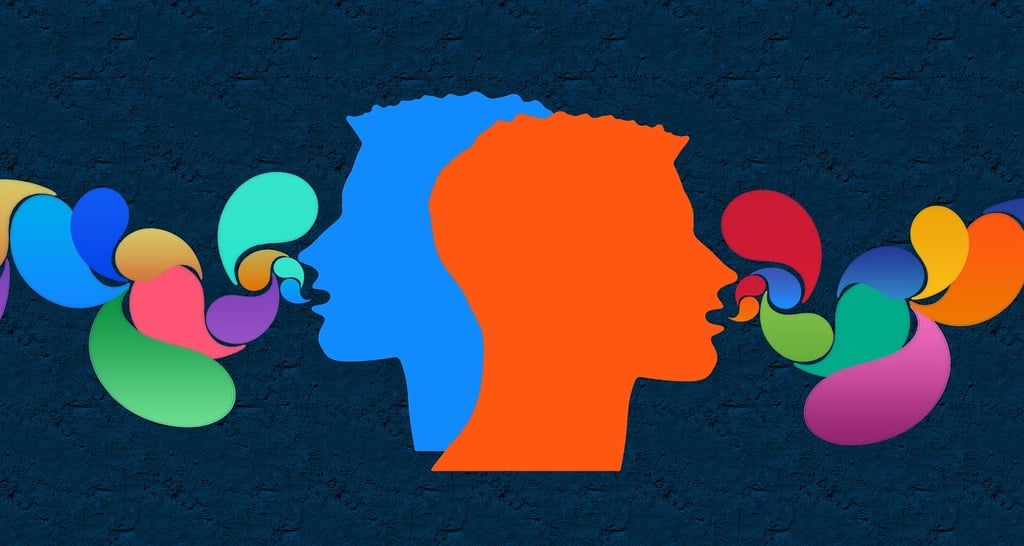Psychological Language in Everyday Life: Does It Help or Complicate Relationships?
Dr. Neus Vidal Barrantes from the Department of Clinical and Health Psychology at UAB analyzes in a recent La Vanguardia article how the growing trend of using psychological terms in daily life complicates interpersonal communication.

Dr. Neus Vidal Barrantes, Professor in the Department of Clinical and Health Psychology at the Autonomous University of Barcelona (UAB), has highlighted in a La Vanguardia article the effects of so-called "psychologizing language" in everyday life. According to her analysis, supported by other experts such as clinical psychologist and science communicator Alba Pérez González and digital addiction specialist Marc Masip, the indiscriminate use of clinical terms out of context—like "trauma," "toxicity," or "anxiety"—is distorting communication and altering perceptions of normal emotional experiences.
Dr. Vidal points out that while the popularization of these concepts reflects greater mental health awareness, it also carries risks: from trivializing real disorders to creating interpersonal conflicts through misinterpretations. She emphasizes the need to distinguish between technical psychological language and its colloquial use, which often oversimplifies or exaggerates complex realities.
Published amid growing social interest in how language impacts mental health, the article offers a critical reflection on this phenomenon. As an alternative, Dr. Vidal proposes promoting emotional literacy based on reliable sources and proper contexts, avoiding self-diagnoses or rushed labeling.
For more information:• La Vanguardia article: "Psychologizing" Language: How It Invades Everyday Life and Complicates Relationships